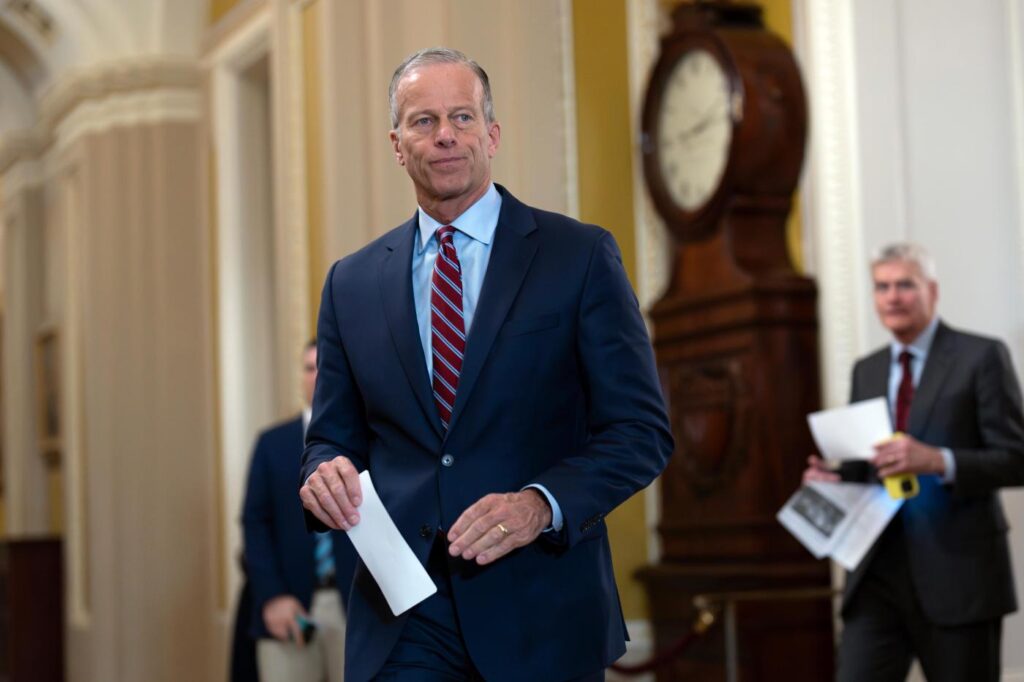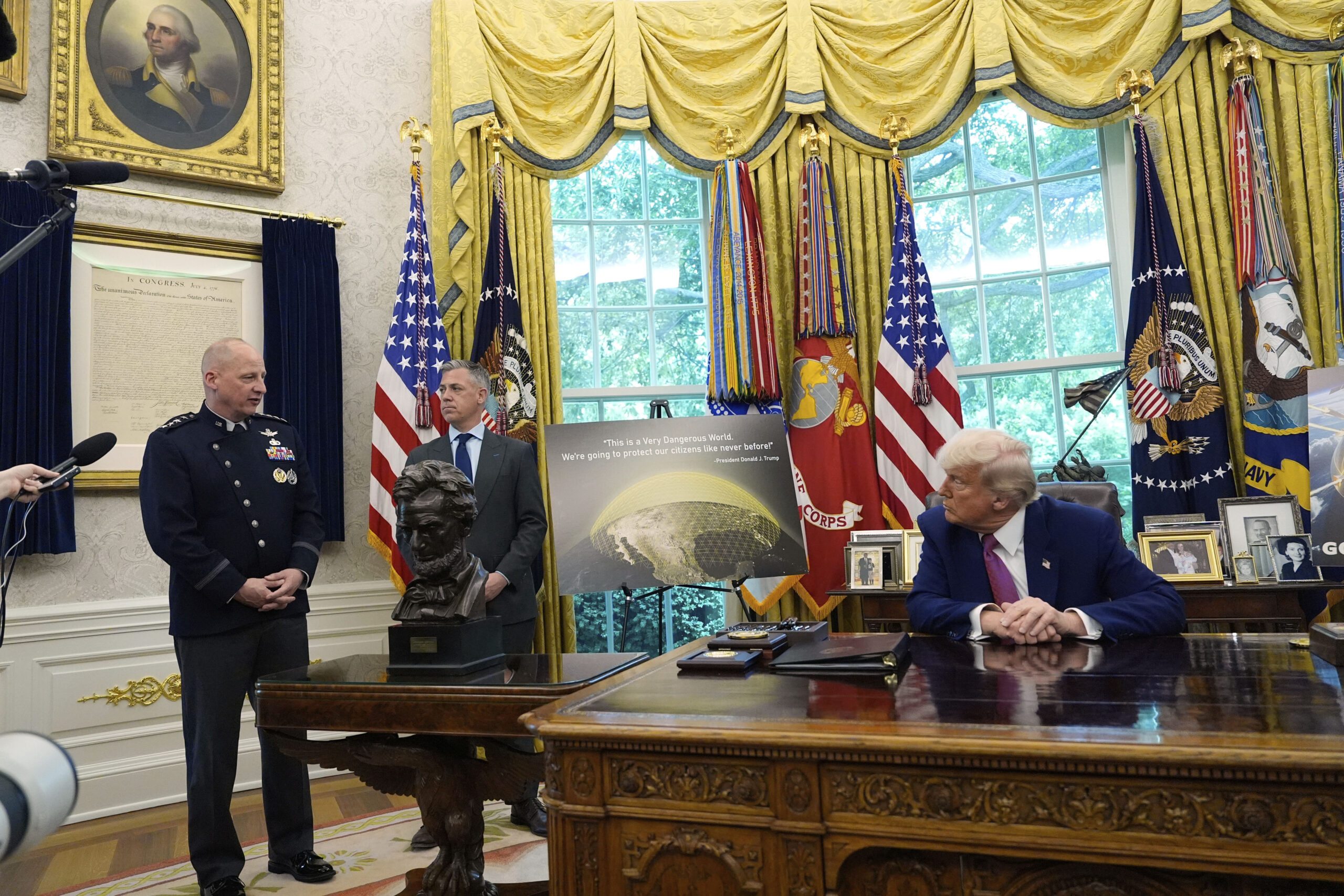
Senate Majority Leader John Thune is under pressure to weaken the Senate’s historic filibuster procedure, which currently requires a supermajority of 60 votes to advance most legislation and nominations. This push, reportedly influenced by former President Donald Trump, stems from frustrations over Senate Democrats blocking numerous Trump nominees, some of whom have drawn significant criticism.
Thune’s rationale appears to be rooted in a desire for efficiency, contrasting the current situation with the relatively smooth confirmations that Biden administration nominees experienced. During Biden’s term, many of his nominees were career officials with extensive experience, even if they leaned more liberal. In contrast, Trump’s nominees are often perceived as aligned with his political agenda, leading to concerns about their commitment to the integrity of federal institutions.
The discrepancy in the quality and intent of nominees has raised alarms among observers. While the Republican Party has historically supported confirmations of competent individuals, the current climate suggests a shift towards prioritizing loyalty over qualifications. This raises the question of whether the party is considering its future position as potential minority members in the Senate.
Thune’s consideration of altering the filibuster echoes past actions taken by former Senate Majority Leader Harry Reid, who modified filibuster rules for judicial nominations during the Obama administration. Although this strategy provided short-term advantages for Democrats, it ultimately enabled Trump’s administration to reshape the federal judiciary significantly, including the appointment of three Supreme Court justices. These changes have led many to argue that the judiciary has become increasingly aligned with presidential interests rather than maintaining an independent stance.
The Senate’s role as a deliberative body has faced challenges in recent years, with critics asserting that the current Republican leadership is prioritizing expediency over tradition. Some Republican senators are reportedly reluctant to oppose unfit nominees due to fears of primary challenges backed by Trump. Thune, who previously appeared to value the Senate’s independence, now confronts a crucial decision that could have lasting implications.
Maintaining the filibuster is seen by many as essential for preserving the rights of minority opinions within the Senate. As Thune weighs his options, he must consider the long-term consequences of weakening this parliamentary tool. The history of Senate dynamics suggests that a rational party should anticipate future shifts in power, recognizing the importance of upholding mechanisms that allow for minority voices to be heard.
Trump’s longstanding desire to eliminate the filibuster has been met with resistance from Senate members of both parties. As the political landscape continues to evolve, Thune’s actions will not only reflect the current state of the Republican Party but also set a precedent for how the Senate navigates its role amid increasing polarization. The implications of this decision could resonate far beyond the immediate context, shaping the Senate’s future as a forum for debate and compromise.







